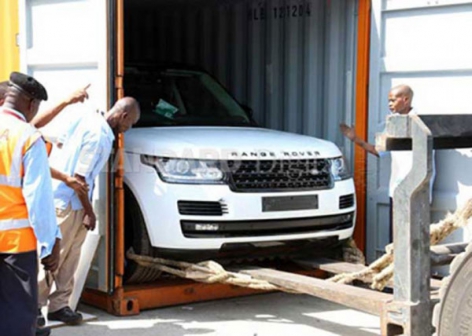
It was quite an eye opener when leaked documents, made public in April, showed that Mossack Fonseca, a Panamanian law firm, had helped 14,000 clients worldwide create offshore accounts to conceal assets or dodge taxes.
In the eight weeks since the publication of the first articles by some 370 reporters in 76 countries, the impact of the revelations on the shadowy world of offshore finance was striking. I never had an interest on the subject, but thanks to Google, I keyed in “Tax Evasion Kenya” and the dropdown result was like reading a thriller novel.